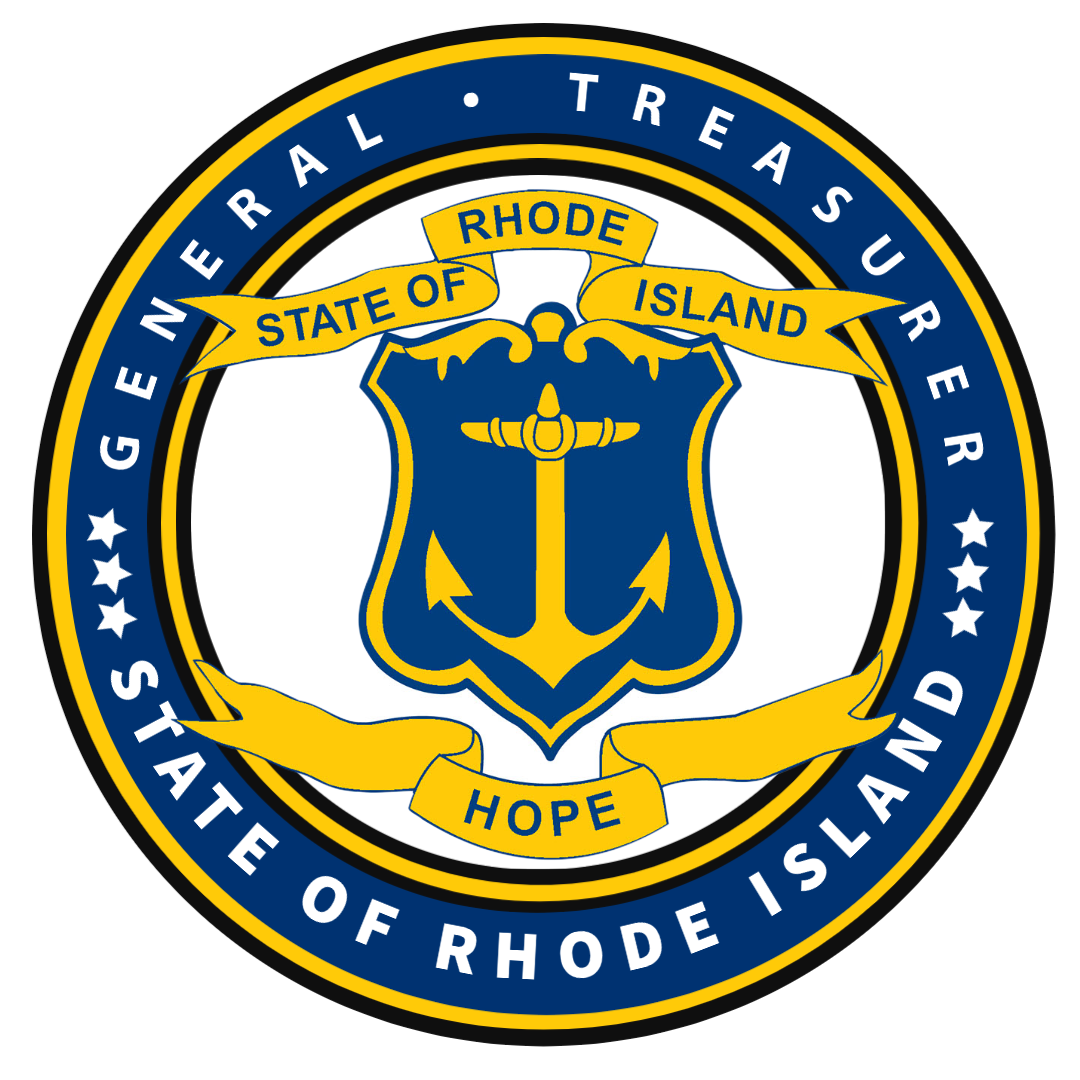How does the program work?
- Working with the Treasurer’s Office, Undue Medical Debt will purchase qualifying medical debt held by healthcare providers and secondary debt collectors. To date, Undue has abolished nearly $15 billion in debt across the country.
- Rhode Islanders are eligible for relief if their medical debt amounts to 5% or more of their estimated annual income, or if their estimated annual income is at or below 400% of the federal poverty line. More here: https://www.healthcare.gov/glossary/federal-poverty-level-fpl/
- Rhode Islanders do not have to apply. Qualifying accounts will have their debt canceled without any action by the resident. Relief is source-based, meaning only qualifying medical debt accounts from participating partners like hospitals can be erased.
- Residents will receive a letter from my office and Undue Medical Debt stating the amount of debt forgiven and the former holder of that debt. Treasury will announce when debt relief is forthcoming. A sample of the letter can be found here.

Frequently Asked Questions (FAQs)
What kind of medical debt qualifies for forgiveness?
Undue will only abolish any medical debt deemed “medically necessary” on treatment files obtained from the provider. As such, “medical necessity” is determined by health care professionals, rather than as a matter of policy. Qualifying medical debt must be in collections or have gone through the standard collection efforts of a provider like a hospital. This means it must be at least one year old but will vary depending on billing practices adopted by different healthcare providers. New medical debt, therefore, is less likely to be covered under the Program. However, there is no upper limit on the age of qualifying debts.
Please note: Whether and when qualifying residents receive relief will depend on negotiations with the healthcare provider. Negotiations with some providers may take time, while others may be unwilling to sell debt altogether. The process could take several years.
What if an individual has medical debt from out-of-state treatment?
Though the Medical Debt Relief Program prioritizes Rhode Island-based providers, some Rhode Island residents with medical debt held by out-of-state providers may receive relief, particularly if the resident received treatment in a neighboring state.
Is there a limit to how much relief an individual can receive under the Medical Debt Relief Program?
No, there is no limit to the amount of relief an eligible individual can receive under the program.
How and when are eligible beneficiaries notified?
The Office of the General Treasurer and Undue Medical Debt will notify program beneficiaries by mail once their medical debt has been acquired and canceled. The state and Undue are already in the process of acquiring, identifying, and canceling debt, but negotiations with healthcare providers and third-party debt buyers will take time.
Please note: Whether and when qualifying residents receive relief will depend on negotiations with the healthcare provider. Negotiations with some providers may take time, while others may be unwilling to sell debt altogether. The process could take several years.
How much medical debt will Rhode Island forgive?
While the exact amount is uncertain, Undue Medical Debt generally purchases an average of $100 of medical debt for each dollar it expends.
How long will the Medical Debt Relief Program last?
The Medical Debt Relief Program is currently expected to terminate once the state has expended the entire $1,000,000 appropriation for medical debt relief.
Who is Undue Medical Debt?
Undue Medical Debt is a nationally recognized non-profit organization that has worked with states, counties, and large cities across the country to abolish medical debt. Undue Medical Debt has partnered with the Office of the General Treasurer to help abolish medical debt here in Rhode Island using a $1,000,000 appropriation from the General Assembly and charitable donations. Learn more about Undue and the work they are doing across the country to erase medical debt by visiting https://unduemedicaldebt.org/.
What is the cost to taxpayers?
The General Assembly appropriated $1,000,000 for the purpose of medical debt forgiveness as part of the Fiscal Year 2025 budget. There is no additional cost to taxpayers for debt forgiveness and program administration.
What healthcare providers are participating in the Medical Debt Relief Program?
Any healthcare provider holding medical debt owed by a Rhode Island resident can partner with the state to participate in the Medical Debt Relief Program. However, participation is optional and not all healthcare providers will participate. Though an individual may meet the eligibility requirements, the state will be unable to cancel their medical debt if the healthcare provider is unwilling to sell or donate the debt file.
What information will participating healthcare providers be required to share?
Healthcare providers will need to share patient account data files, following specifications provided by Undue Medical Debt. The data includes patient demographic information, insurance status and payer, dates of service, outstanding balances, and other information that identifies which individuals qualify for debt cancellation and which do not. Diagnosis codes and other private health information are not shared. All of the data sharing complies with federal data protections under HIPPA.
How are the purchase prices for qualifying debt portfolios determined?
Undue Medical Debt offers a standard pricing model that corresponds to the fair market value of medical debt. Prices vary based on the age of the accounts. Older accounts are generally priced lower than newer accounts. Overall, qualified medical debt will be purchased for pennies on the dollar of the debt’s face value.
Please note: Whether and when qualifying residents receive relief will depend on negotiations with the healthcare provider. Negotiations with some providers may take time, while others may be unwilling to sell debt altogether. The process could take several years.
For more information on this program, please contact DebtReliefRI@treasury.ri.gov.

